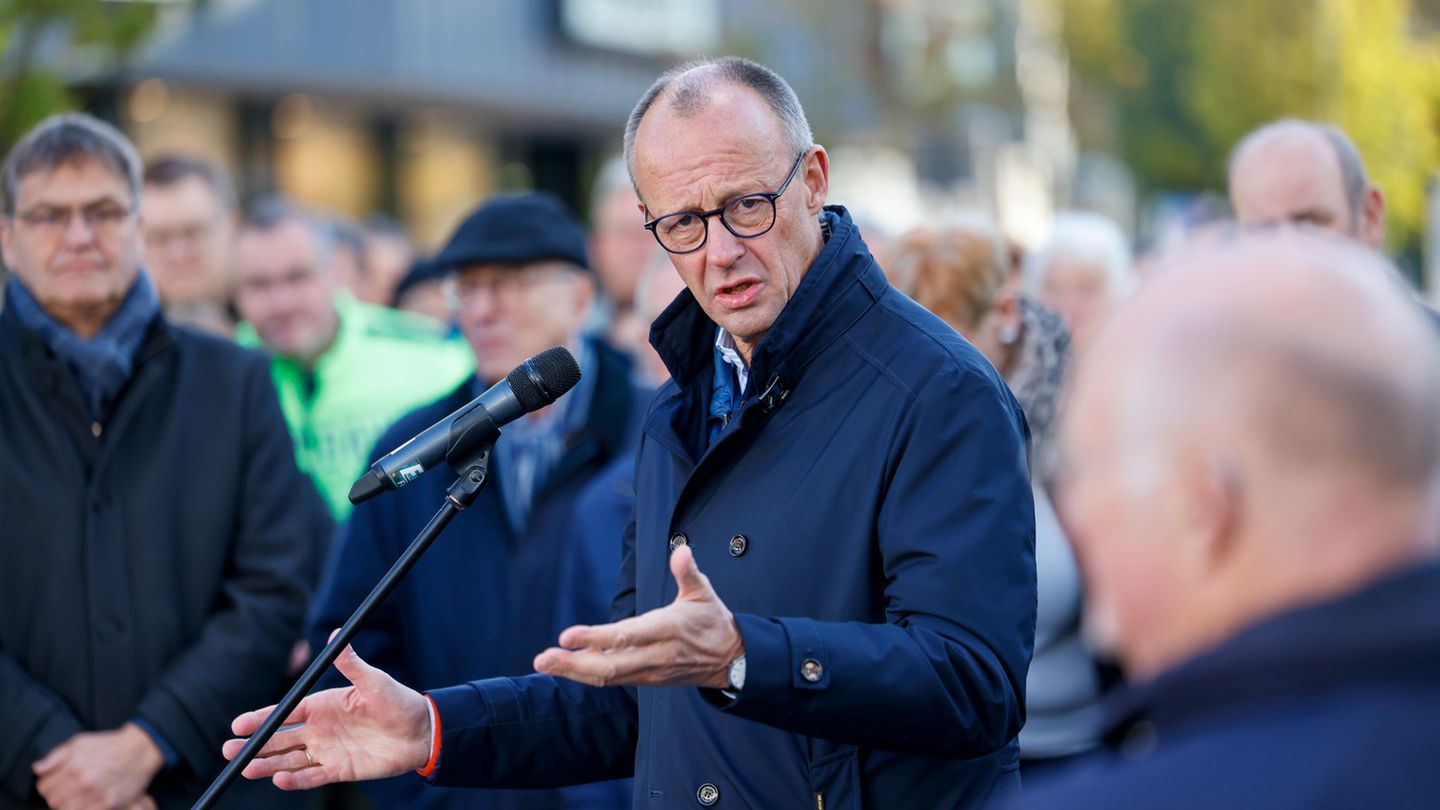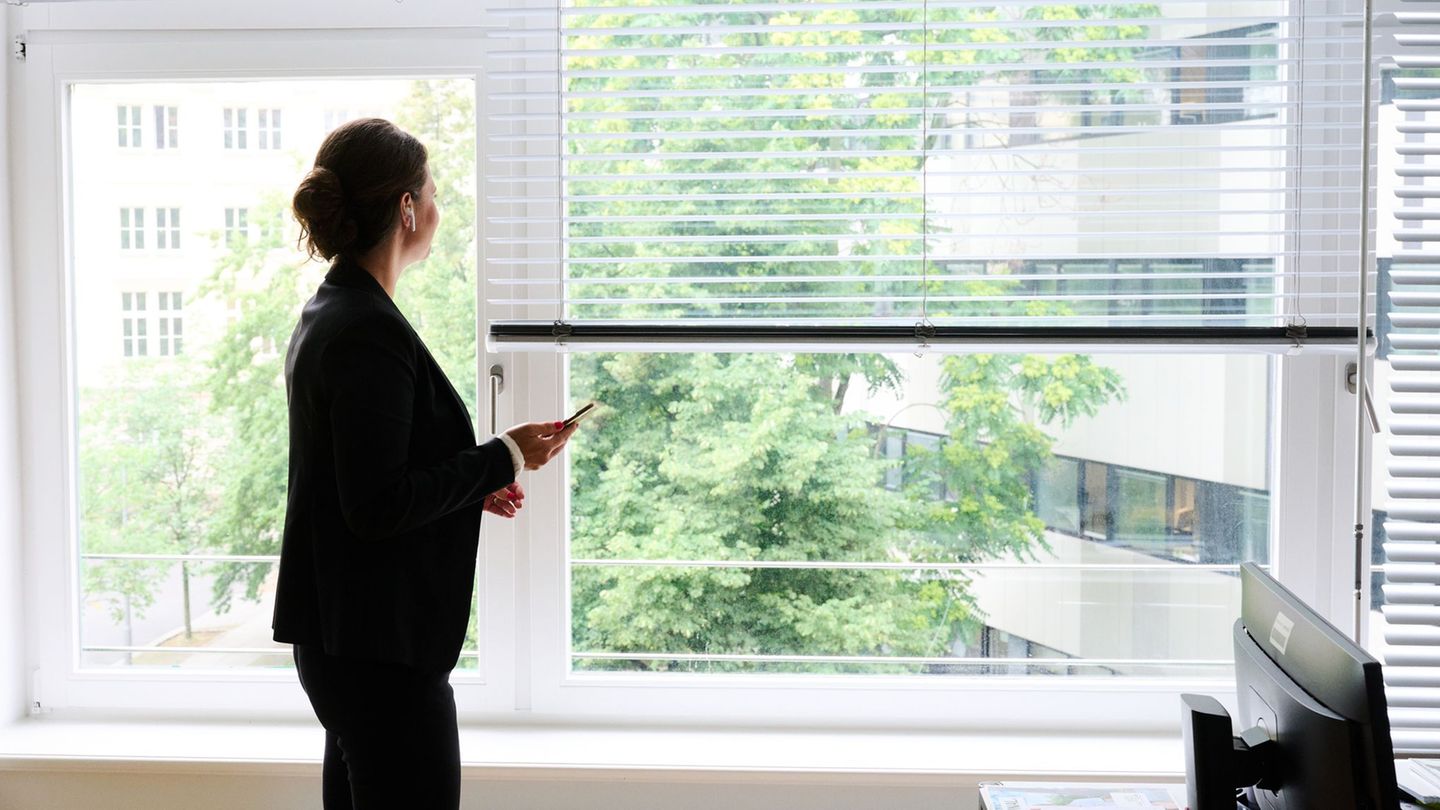Agricultural products accounted for almost half of Ukraine’s exports in 2019. The war against the country therefore also has an impact on the global market. With consequences – also for German supermarkets.
Federal Agriculture Minister Cem Özdemir has brought relief due to rising food prices as a result of the Ukraine war.
“That’s why you have to ask whether relief here isn’t more targeted than with the price of petrol and benefits everyone, especially those who are really in need,” said the Green politician to “Spiegel”.
Everyone has to feed themselves
Not everyone owns a car or is dependent on it, but everyone has to feed themselves. Özdemir emphasized that possible grants must be targeted: “We cannot go through the country with a cornucopia, but have to help in a targeted manner”. He assumes that some groceries will become expensive because of the war and warned consumers against so-called hamster purchases. “That would certainly ensure that prices shoot through the roof and retailers ration certain products.” Ukraine produces a lot of wheat, but also other products like corn, sunflower, canola, barley and rye.
The consequences of the war are slowly making themselves felt in German supermarkets. Although the supply of food is secure, the effects on prices are becoming visible, as the example of Aldi recently showed. The discounter is currently raising prices across the board and is thus passing on the manufacturers’ price increases as a result of the Corona crisis and the Ukraine war to customers, the industry journal “Lebensmittel Zeitung” reported on Thursday. According to research by the specialist journal, around 400 articles are affected. Such a wave of price increases has not existed for years.
Raw material availability changed dramatically
“The war against Ukraine is changing the global availability of raw materials dramatically,” said Henning Ehlers, CEO of the German Raiffeisen Association (DRV). Rapeseed and soy feed from Russia and Ukraine, which flow into food production “without genetic engineering”, would no longer be available for a long time.
Now there are different concepts on how to react to the changed market situation. The socio-political spokesman for the AfD parliamentary group, René Springer, calls for the VAT on staple foods to be suspended. Other voices, above all from the Union and from agricultural interest groups, see the ball in Brussels and are calling for environmental rules to be postponed and thus boost food production.
Should brownfields be eliminated?
The Heinrich Böll Foundation, on the other hand, sees little benefit if the EU tries to produce more food through fewer environmental regulations. The background to the short analysis published on Friday is the debate about the plan to no longer actively cultivate four percent of the arable land in the EU, but to use it for ecological purposes. This can be fallow land or flower strips for species protection, for example.
The foundation, which is close to the Greens, assumes that the global production volume of grain could be increased by 0.4 percent if these areas were to continue to be cultivated. The world market price could be reduced by 0.4 to 2.2 percent. She emphasized that her calculations for the increase in production tended to be overestimated because limitations such as labor or water shortages were not taken into account. If, on the other hand, areas in the EU were no longer used as planned, the foundation would expect the world market price for grain to increase by 0.1 to 0.6 percent.
There is a risk of a price increase of 20 percent
According to the information, the effects of the war itself could mean price increases of up to 20 percent in the worst case, and 2.5 percent in the best case. The foundation concludes that financial aid for the countries of the Global South, so that they can also buy more expensive food, is more helpful than turning back land set-aside.
In view of the war in the important grain-growing country Ukraine, a dispute over EU agricultural policy is raging. For example, the French Minister of Agriculture, Julien Denormandie, advocates adjustments to environmental regulations. This was only recently agreed after years of wrangling. The German department head Cem Özdemir (Greens), on the other hand, described it as a “wooden path” to turn back more environmentally friendly food production. The EU Commission is expected to come up with proposals on the issue next week.
Source: Stern
Jane Stock is a technology author, who has written for 24 Hours World. She writes about the latest in technology news and trends, and is always on the lookout for new and innovative ways to improve his audience’s experience.




